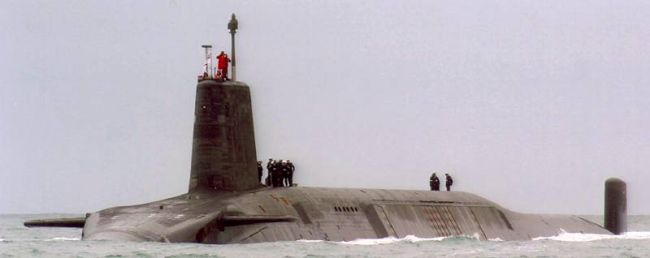NATIONAL HARBOR, Md., Nov. 8, 2011 — In his strongest language to date, Defense Secretary Leon E. Panetta today called on Congress to “show some leadership” in the budget process.
Panetta, speaking at the National Guard’s Joint Senior Leaders Conference here, said that the sequester mechanism built into the Budget Control Act is “like shooting yourself in the head.”
The Defense Department understands there must be cuts and $450 billion in cuts is already factored in over the next 10 years. If Congress does not agree on further cuts, the sequestering mechanism will kick in, doubling the amount that must be cut from defense.
“What they are basically saying,” Panetta said, “is that if they don’t do the job they are supposed to do, if they don’t provide the leadership that they are supposed to do, they are going to allow these cuts to take place across the board.”
The cuts, he said, would cripple the ability of the department to protect America.
“I have said to members of Congress, ‘Look, my friends. I have men and women who are willing to put their lives on the line to sacrifice for this country,’ ” the secretary said. “ ‘You sure as hell can sacrifice and provide a little leadership to get the solution we need in order to solve this problem.’ ”
The Defense Department is united in approaching fiscal issues, Panetta said, noting there are parameters that DOD leaders will follow. The first, he said, is the United States will maintain the best military in the world in the years to come.
The secretary vowed not to hollow out the force. Through history, he said, this has been the effect of reductions in defense spending. He cited the experiences following World War I, World War II, Korea, Vietnam and the Cold War. Across-the-board cuts that were made then, he said, reduced the effectiveness of the military.
The scope of demobilization following World War II was so precipitous, the secretary added, that the military went from the strongest and best equipped in the world, to one that barely survived the North Korean attack a mere five years later.
“We have to learn the lessons of the across-the-board cuts approach,” Panetta said. “It is not the way to do this, as it weakens everything in defense if we do it that way.”
This doesn’t mean there cannot be cuts, Panetta said. DOD leaders are looking at every area in the budget to find efficiencies, duplications and programs that must be cut.
“The Pentagon is a big, damn bureaucracy,” Panetta ruefully said. “Going from the CIA to the Pentagon is like going from the corner hardware store to Home Depot.”
Procurement reform is another area of attention, Panetta said, and the department is looking for ways to streamline its procurement systems and reduce the time taken to develop and field new systems.
“We also have to look at the area of compensation,” the secretary said. “We have to look at those areas for savings. Health care, alone, in my budget is almost $52 [billion] to $53 billion.
“But in doing that … I’ve got to maintain faith with those who are serving,” Panetta continued. “We have promised them benefits and we need to stick to it.”
Any changes adopted — like proposed changes to military retirement — will be grandfathered for those in service today, the secretary said.
Source:
U.S. Department of Defense
Office of the Assistant Secretary of Defense (Public Affairs)

 von
von 